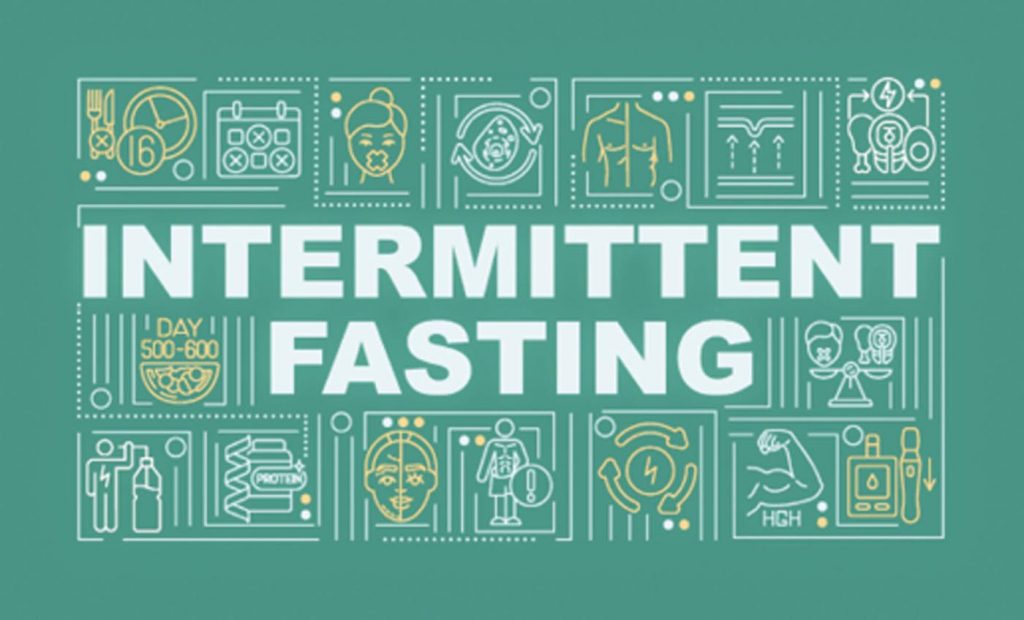The ancient and still-popular discipline of fasting is strongly supported by modern medical research
By Dr. Devadasen Vythelingum
Ancient eastern traditions dating back thousands of years lay much importance on fasting as an adjunct to a full-fledged life. Prominent Hindu scholars believe that the purification of the body at the cellular level happens when the stomach is empty and the systemic functions are allowed to re-synchronize themselves. Most commonly, fasting in Hinduism takes the form of a spiritual sadhana, festival observance or penance.
During the Thai Pusam festival each year in January/February, for example, members of Tamil communities in South India, Malaysia, Fiji and my home country of Mauritius often fast for ten or more days prior to the festival’s final celebration on the full moon. On that day, not only those who carry the milk offerings or carry kavadi will fast, but many others as well. This is not a full fast, but one in which certain meals are skipped or certain foods are avoided. Most common is to eat just one vegetarian meal a day. For some festivals, such as Teej, women will go without food or water for 24 hours. Today the health benefits of such practices are becoming clear.
Vinayaka Vratam is a 21-day religious observance that begins on the full moon day in the month of Karttikai (November/December). Devotees attend the daily prayers at the temple and take only one meal a day. Pradosha vrata is a bimonthly observance among Saivites that falls on the 13th day of every fortnight in the lunar calendar. The most orthodox will fast on water all day and take just milk and fruits in the evening, followed by an evening vigil. It is only the following day that cooked food is taken. A devotee’s commitment to such fasts depends on one’s inner goals, physical condition and current activities.

As a part of nature, mankind has been practicing fasting—both voluntary and involuntary—throughout his existence, especially before the surge of civilization. By definition, fasting is the abstinence of food intake for a specified period of time. In the broader context of the general population, the three most common methods are alternate day fasting (fasting on one day and then eating the next day), 5:2 intermittent fasting (fasting two days each week), and daily time-restricted feeding (fast 16 hours, then eat all your calories in an eight-hour window).
What Happens When We Fast
Scientific research has shown that each time we eat, excess glucose molecules obtained from food are converted to glycogen and stored in the liver. In an individual not exercising, the stores would usually last for 10-14 hours. Upon glycogen depletion, the body turns to our adipose (fat) tissue for energy by the release of fatty acids. The liver then converts these fatty acids to ketones, which are used as the major cellular fuel source to compensate for low availability of glucose. This process is termed Intermittent Metabolic Switching or IMS. Relatively speaking, the energy in glucose is released rapidly, and that in ketones more slowly—comparable to the difference in energy release between burning gasoline and wood logs. Besides ketones serving as an energy source in the absence of glucose, there are remarkably complex and coordinated adaptations in relation to ketone production in the body which maintain or even enhance our bodily performances.
Why We’re Smarter on an Empty Stomach
The rishis of yore proclaimed that food affects our level of consciousness. By controlling one’s diet, the spiritual seeker gains improved clarity of mind, which can strengthen his yoga. Modern science has likewise observed that dietary energy intake impacts our brain circuits. Consider our collective situation a few millennia back, before the advent of agriculture. It is hypothesized that lack of food has been a major driving force for brain evolution. Hunger—that is being in the state of fasting—would drive people to search for food. Those with the best critical thinking and sharp decision-making skills in this fasting state were most suited to navigate their diverse environment to be successful in acquiring and then sharing food.
The key point, according to a 2018 paper by Mark Mattson (bit.ly/MattsonIMS), is that in this fasting state, with the glycogen stores depleted, the body’s utilization of ketones is “accompanied by cellular and molecular adaptations of neural networks in the brain that enhance their functionality and bolster their resistance to stress, injury and disease.” These repeated cycles of IMS, Mattson proposes, “may optimize brain function and resilience throughout the lifespan, with a focus on the neuronal circuits involved in cognition and mood.”
Besides providing a source of body fuel, the production of ketones led by IMS has many other remarkable properties. For example, a 2009 study by Witte (bit.ly/Witte2009) demonstrated that fasting results in better memory performance among elderly people.
To reveal possible scientific explanations for these findings, exploration of the neuro-physiological effects of fasting is a prerequisite. At the molecular level, ketones are needed for the production of some crucial neurotrophic factors—essentially, growth hormones for neurons or brain cells—which, in turn, stimulate the production, consolidation and protection of new neurons and neural circuits. In addition, the fasting state enhances the gut’s production of the “hunger hormone” ghrelin. This hormone is known to optimize our hippocampus—an important unit of the human brain responsible for consolidation of information, from short-term memory to long-term memory and spatial memory. When the experimental evidence and knowledge of human physiology are combined, we can support the evolutionarily useful principle that the brain and body perform at remarkably high levels in the fasting state through long-term neuro-adaptations.

Can Fasting Reduce Major Illnesses?
If it is unnatural to thrive and evolve when consuming three energy-rich meals plus snacks every day, does that mean the nutritional dogmas we have been raised with are faulty, even harmful? Quite possibly. The collateral damage caused by these eating patterns has led to the emergence of obesity, obesity-related morbidities (such as hypertension, diabetes and ischemic heart disease), autoimmune conditions and even cancer. Interestingly, there has been an approximate 10 percent reduction in brain volumes in humans during the past 10,000 years, which correlates with the agricultural revolution and the consequent effortless ways of obtaining food. Also, overeating in children initiated by their over-nourished parents has been associated with declining cognitive functions, possibly due to a reduction in the size of the hippocampus and low levels of important brain growth factors needed for brain maturation. It may not be coincidence that the states in the US with the highest prevalence of childhood obesity have the lowest percentages of high school and college graduates.
Recent findings suggest that several types of fasting regimes can be applied to the prevention and management of diseases that impact our world today. Most obviously, fasting and low-calorie diets can result in weight loss. Since fasting improves our cells’ sensitivity to the insulin hormone, some studies have shown that it can decrease the risk of diabetes. One study of 1,422 subjects with pre-existing diseases who underwent a fasting regime recorded significant reductions in weight, abdominal circumference, blood pressure and blood glucose, along with an improvement in emotional well-being. The decrease in blood pressure in fasted individuals is due to the optimization of our autonomic nervous system, which plays a critical role in regulating our blood pressure. The improved emotional health can be attributed to a decrease in the stress hormone cortisol.
The elevated level of ketones and low levels of inflammatory markers during fasting have been shown to alleviate asthma symptoms. Strong evidence has also shown that fasting can delay the onset of neurological conditions such as Parkinson’s disease, stroke and Alzheimer’s through the abundant benefits of fasting on our brain function.
A century of studies have shown the beneficial effect of fasting on cancer by reducing its spontaneous occurrence and suppressing its growth. Scientists believe that fasting compromises the energy metabolism in cancer cells, which can eventually render them susceptible to available interventions such as chemotherapy. There have been documented cases of fasting suppressing tumor growth and extending survival in patients with gliobastoma, an aggressive form of brain tumor. There are currently ongoing trials on fasting in patients with breast, ovarian, prostate, endometrial and colorectal cancers.
Ancient Practice as a New Way Ahead?
Our Ayurvedic texts stated, “Fasting is the greatest medicine.” The ancient philosophers, as well, lauded the spiritual importance of timely fasting. Now modern science is becoming aware of the plethora of health advances possible from this simple practice. In the midst of the Covid-19 pandemic, haven’t we obtained a fine opportunity to rewire our way of thinking, and perhaps discard our ill-advised habit of three meals a day with snacks in between? The best news is anyone can consciously perform this age-old Hindu practice, for it costs neither money nor time but, in fact, saves both.

About The Author
Devadasen Vythelingum, MD, is from Mauritius. He graduated in 2019 from the University of Pretoria, South Africa, and is now serving in the UK at Royal Sussex County Hospital. His area of interest is surgery and plant-based nutrition. He is a practicing Saivite, hatha yogi and passionate about the metaphysics of Hinduism. Email: devadasen.vythelingum@gmail.com
